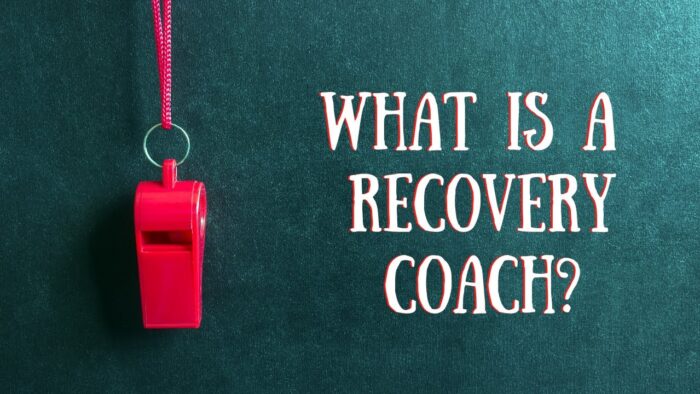WHY RECOVERY COACHING?
Background
The illicit use of drugs and particularly opiates, benzodiazepines and psychostimulants, causes significant problems within Scotland as it does in other parts of the UK and Europe. Some of these problems are primarily social in nature, involving, for example, increases in acquisitive crime, prostitution, unemployment, family breakdown and homelessness. Others are more clearly associated with health problems, for example, the transmission of communicable diseases (HIV, hepatitis), injecting-related injuries and increased demands upon health care services.
Similarly, alcohol problems are a major concern for public health in Scotland. Short-term problems such as intoxication can lead to risk of injury and is associated with violence and social disorder. Over the longer term, excessive consumption can cause irreversible damage to parts of the body such as the liver and brain. Alcohol can also lead to mental health problems, for example, alcohol dependency and increased risk of suicide. In addition, alcohol is recognised as a contributory factor in many other diseases including cancer, stroke and heart disease. Wider social problems include family disruption, absenteeism from work and financial difficulties. The Alcohol Framework 2018: Preventing Harm, published by the Scottish Government includes the estimate from the 2010 study, The Societal Cost of Alcohol Misuse in Scotland for 2007, that the impact of this excessive consumption is estimated to cost Scotland £3.6 billion each year.
Our Challenge
There are a number of characteristics in the behaviours, profile and patterns of drug use and people who use them that both differentiate and add complexity to the nature of our challenge, such as:
- High risk patterns of Drug use, including multiple different drug (poly drug use) and alcohol.
- High levels of social depravation, poverty and highly stigmatised people.
Drug Misuse & Treatment in Scottish Prisons
From 2009/10 to 2018/19, Testing was conducted across all Scottish prisons annually. During one month of the year, prisoners arriving in custody were voluntarily tested for the presence of illegal or illicit drugs. Similarly, those leaving custody during the month were tested to assess progress towards the ‘reduced or stabilised’ offender outcome. Some key points been:
- In 2018/19, of the tests carried out at prison entry 75% were positive for drugs
- The illegal/illicit drugs most commonly detected when entering prison in 2018/19 were cannabis benzodiazepines, opiates and cocaine
- In 2018/19, of the tests carried out when leaving prison 26% were positive for illegal/illicit drugs
Recovery Services in Scottish Prisons
Recovery services are provided by a range of NHS and Third sector commissioned services, the three prisons we are working with also invite Lived Experiences Recovery organisations to partner with them and embed Lived Experience into their Recovery Agenda.
All of our partner prisons work with the Anonymous fellowships (AA, NA, CA), the local Recovery Communities and a variety of partner organisations. We are proud to have strong partnerships with HMP Edinburgh, HMP Glenochil and HMP Perth, where there is a recognition that our Recovery Coaching Qualification brings a unique benefit to the residents and forms an integral part of the establishments Recovery Agenda.
Not only that, but our qualification gives a broad foundation for residents to become Peer Mentors and Recovery Coaches themselves, increasing recovery capacity and getting the recovery message out across the prison.

